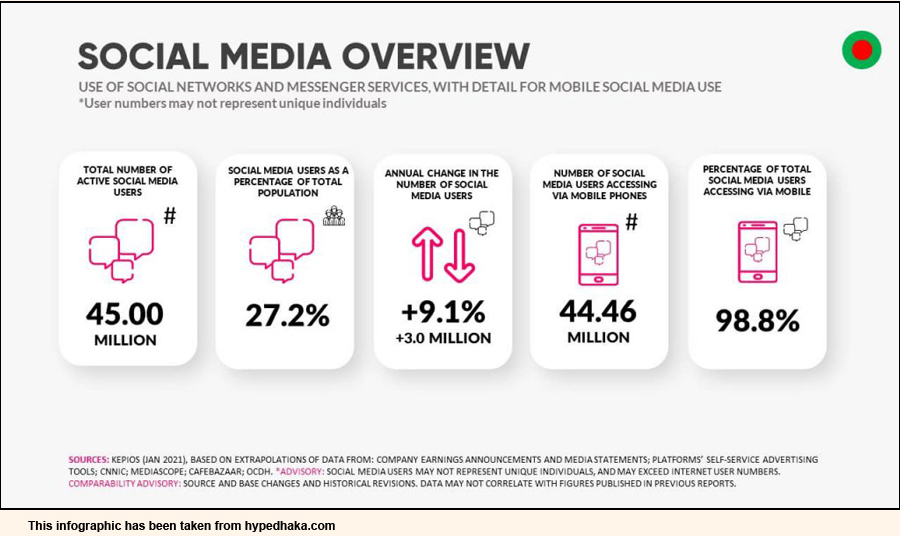
Published :
Updated :

Significant data on social issues and citizenship perceptions have begun to emerge beyond the pale of the formal sector recently. Several research outfits are studying societal roles and status in state functioning. The recent survey result of BIGD, the research affiliate of the BRAC U data is one such example.
In Bangladesh most think tanks are macro-issues centered and some are into passive politics of the formal variety. However, some like BIGD work don't have dominantly state centric implications and are more into understanding the state in a social context.
They also explore issues that pertain to the informal world which is more organic than the world of politics at the top which often interest shushil society more. They focus more on the formal -informal inter-actions more.
THE CITIZENSHIP STUDY: CONCEPT AND ISSUES
The study discussed here tried to look at how citizens perceived the state functioning in many aspects of society, politics, economics and the media. This is important data as it's not pushing a monolithic singular research agenda. It's looking at the situation where the overlaps between the formal /official and the informal world are noted and so documented. Its significance lies here, as an observer of both worlds.
The survey was conducted from November 2022 to January 2023 in all the 64 districts of Bangladesh with both men and women.
In the study, a balance is struck between what is seen as macro and as micro issues. Thus while we see questions on the economy and society, we also see data on how social media is being perceived and realized.
WHY IS FB RELATED DATA IMPORTANT?
While Facebook (FB) is a technological development for profit, open to public use, it's the focus of attention of governments everywhere as its socio-political content can be very influential. Thus it has become an intermediary space in which the government and the citizens are both active. It's however not the only space but significant as it's about expressing individual and collective opinions on issues that concerns or interests them.
In countries where the formal part of the state is less developed and the informal is robust, such as Bangladesh, some sort of a conflicting situation is inevitable between the two. It's not only about the nature of the two systems, one organic and the other installed. There is a structural issue of governance involved as well which links both together. This includes politics.
Social media in general and FB in particular has emerged as the largest social political space in the country. It has in fact become the de facto national space with the physical and socio-legal reduction or constraints of the citizen's physical space, whether in favour or against. Every space can be controlled by one force or the other but the FB to that extent remains the most citizen-friendly space, the Digital Security Act (DSA) (now Cyber Security Act) and other legal constraints notwithstanding.
However, FB and social media has not been the topic of much research as the shusil middle class, though an active social media participant considers it as the lesser media compared to the professional media outlets. .
SOCIAL MEDIA USE AND PERCEPTION
Facebook is used by 85% of the people mostly male and FB scores higher among the educated. Other platforms are not too far behind particularly IMO.
Half of the users think FB can't be used as a governance tool and 29% -one third- however think it can be. Men at 28% are more positive about the issue of influencing than women at 21%. Those with graduate degrees are more negative at 30%. This cuts across all income groups. Similarly, 55% think accountability can't be ensured through FB use, while 27% do.
The safety on posting on FB shows considerable anxiety by the user. As high as 73% said, "it is never or not very often safe to post political opinions on Facebook. " Only 7% considered it safe. Those with higher education -83% - felt more unsafe compared to 60% of those without formal education who did. As one becomes more aware of state functioning due to education access, anxiety increases too.
What the data confirms is that politics, society and FB have now become interlinked and this stretches to issues of public governance and accountability as well. To that extent the image and role of the state is also seen as not very friendly if not "intolerant" in terms of political conversations.
A limitation of this finding perhaps is that certain concepts and questions such as "safety", politics" "accountability", "governance" need to be explored more and remain open to interpretation. Given the current situation, the interactions between the formal and the informal have long term implications. They are defining the meaning of the formal state that has coercive and punishment power in relation to its citizen claimants and their public interactions.


 For all latest news, follow The Financial Express Google News channel.
For all latest news, follow The Financial Express Google News channel.